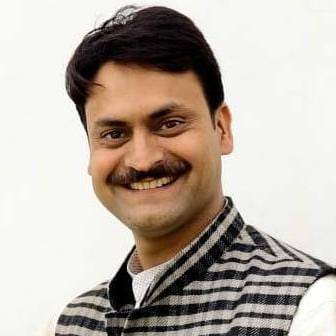Shabir Requests Governor For Upgradation Of High School Sigdi to Higher Secondary.
Terms it the exploitation of centuries
Kishtwar: Shabir Ahmad lone,the newly elected sarpanch from Sigdi has demanded upgradation of high school Sigdi to higher secondary school to end the alienation and exploitation of people continuing for decades all together.
In a brief interaction with the media, Shabir said that the high school Sigdi has been opened soon after independence of the the country but still remains in the same status even after seventy years.
He further said that in a time where country has moved to newer heights of success and research, the people of the region which has a population of more than 20k and five panchayats is being left to the mercy of God.
He came heavily on the successive politicians and political parties who deliberately pushed the people of the area to ignorance and used nothing more than mere vote bank. He said that “its a planned and deliberate attempt of successive politicians who have represented the area to keep people in darkness to reap political benefits but never gave them justice which they deserved”. He reteirated that his only aim to come in politics is to free people from this political slavery.
He further said that the poor students including SC ST have to travel miles to reach nearest higher secondary at Chatroo and kishtwar which is beyond their means and resources.He specifically mentioned the plight of female students who drop out even before they complete their basic education which makes all political slogans nothing more than farce like beti bachao beti padao.
Shabir said that he has separately written to the Governor to upgrade the high school Sigdi to higher secondary lest he will be constrained to hit roads along with his people to get the justice.
He said,”I can’t remain a mute spectator to the plight of my people, we will fight for our rights till my last breath and change the political narrative of our state”.















































